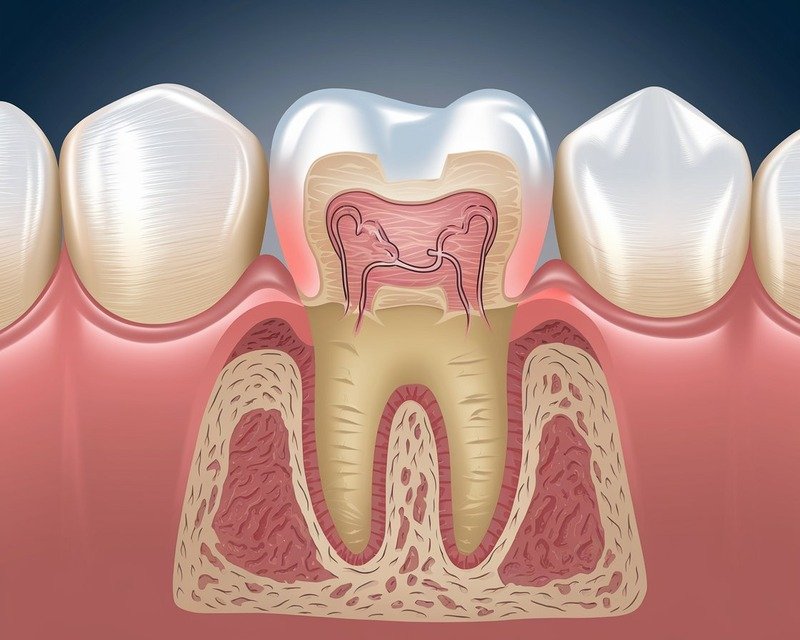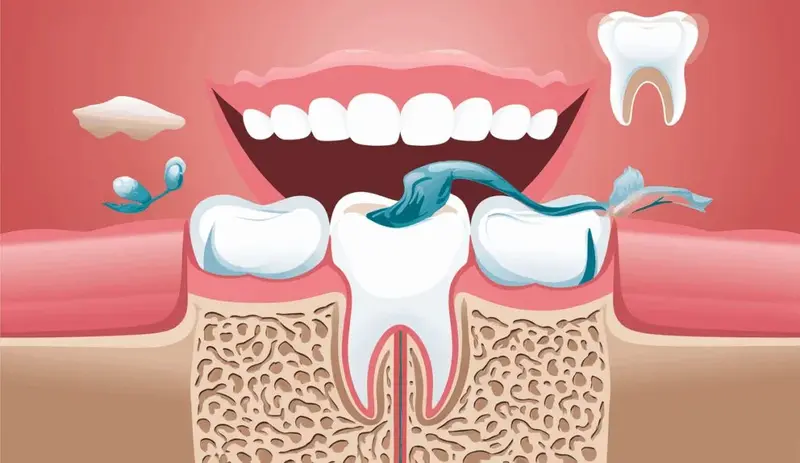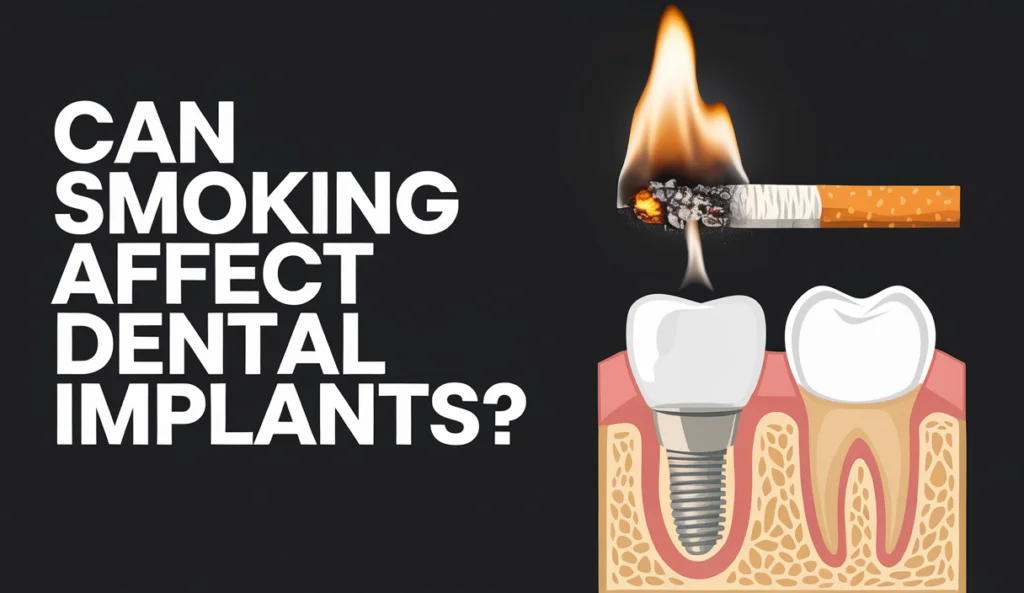
Open with a relatable scenario about unexpected tooth pain. Reassure readers that crown sensitivity is common and manageable. Preview the key information they’ll learn in the article.
What Exactly is a Dental Crown?
A dental crown is a protective helmet for your tooth. Consider a cap custom-made to cover a damaged or weakened tooth. A tooth with a crown has the shape, size, and strength of a normal tooth.
Crowns can be made from all kinds of materials—from porcelain to metal, and every mixture possible in between. You could have a crown after a root canal, to fix a tooth that is in bad shape, or to make your smile better.
While crowns are typically durable and long-lasting, they can sometimes develop an intensity of sensitivity that almost makes you wince when enjoying hot coffee or cold ice cream.
Common Causes of Crown Sensitivity
Recent Dental Procedure
Sensitivity after a crown placement is common and normal. It is not unusual to feel some discomfort, but many patients are surprised by that initial intense feeling just after the crown is in place.
The crown covers up the tooth, and we all know teeth are sensitive things even under normal circumstances. When you go from a bare tooth to a crowned tooth, the crowned tooth is going to feel weird for a while, even if it is not in any way uncomfortable or painful.
Underlying Tooth Damage
Occasionally, sensitivity can be an indicator of a problem with the natural tooth beneath the crown. It might be undetected decay or a hairline crack that is causing your discomfort.
Why is this significant? Even a crown that is perfectly fitted cannot fully protect a tooth that is compromised. If you’re in Houston, TX, our dental professionals can help diagnose these issues.
Bite Alignment Problems
A crown that is not fitted correctly can cause uneven pressure when you bite down. This misalignment can lead to increased sensitivity and possible long-term discomfort. A quick adjustment by a professional can often resolve these issues.
When to Seek Professional Help?
Red Flags to Watch For
• Ongoing sensitivity that lasts several weeks or longer
• Severe pain when eating or drinking
• Swelling around the crowned tooth
• Obvious damage to the crown
Experiencing these indications? Get checked out by a professional at LifeWorks Dental.
You May Be Interested In: What Causes Tooth Enamel Defects?
Prevention and Management Strategies
Daily Care Techniques
When caring for a crowned tooth, the keyword is gentle. Use a soft-bristled toothbrush and non-abrasive toothpaste. You can use fluoride to help reduce tooth sensitivity, so consider a toothpaste specifically designed for sensitive teeth.
Recommended Oral Hygiene Practices
Your optimal defense against dental disease is practicing regular oral hygiene and keeping your teeth under surveillance:
• Brush your teeth at least twice a day
• Floss daily
• Use an antiseptic mouthwash
• Have a dental professional give your teeth a thorough cleaning at least twice a year
Helpful Products
Select toothpastes that contain potassium nitrate or strontium chloride. These ingredients can help reduce tooth sensitivity. Also consider desensitizing gels, which can provide your teeth some temporary relief.
Final Thoughts
Crown sensitivity need not be a lasting discomfort. With correct care, professional help, and your own diligence, you can manage and even eliminate this issue.
We always suggest getting in touch with your dental professional directly for tailored guidance or to talk about your particular situation. Every oral cavity is distinctive, and what serves one individual might not serve another just as well.





